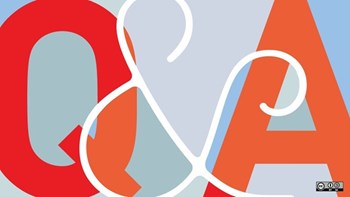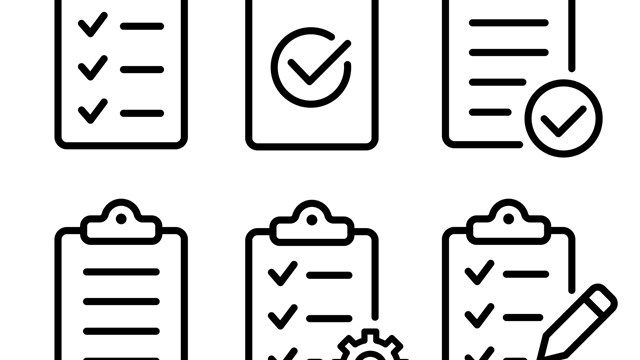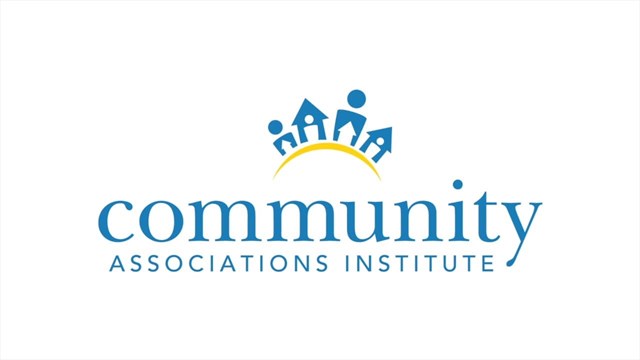
Q I live in a small condo in New Jersey. The development was converted to a
condominium in 2002 from a 13-unit rental property. My question is this: In New
Jersey, is there a specific law that dictates what percentage of the monthly
common charges must be set aside as a monthly contribution to the reserve fund?
—Curious in Clifton
A “There is no law that dictates that a certain percentage of monthly common
charges must be set aside for capital reserves,” says attorney Scott Piekarsky of Wyckoff-based Piekarsky & Associates, LLC.
“The administrative code speaks to “adequate reserves” which is subjective. See, N.J.A.C.-5:26-8.7. A reserve specialist, usually an engineer, is qualified to make this assessment.
“At the start of the community, the Public Offering Statement will include a first year budget with a reserve schedule. Subsequently, every three (3) to five (5) years or so, an updated reserve study should be done.
“The Board of Trustees is typically empowered to change or modify the percentage. Worst case scenario, a homeowner vote can be done to change or amend the same.”






Leave a Comment